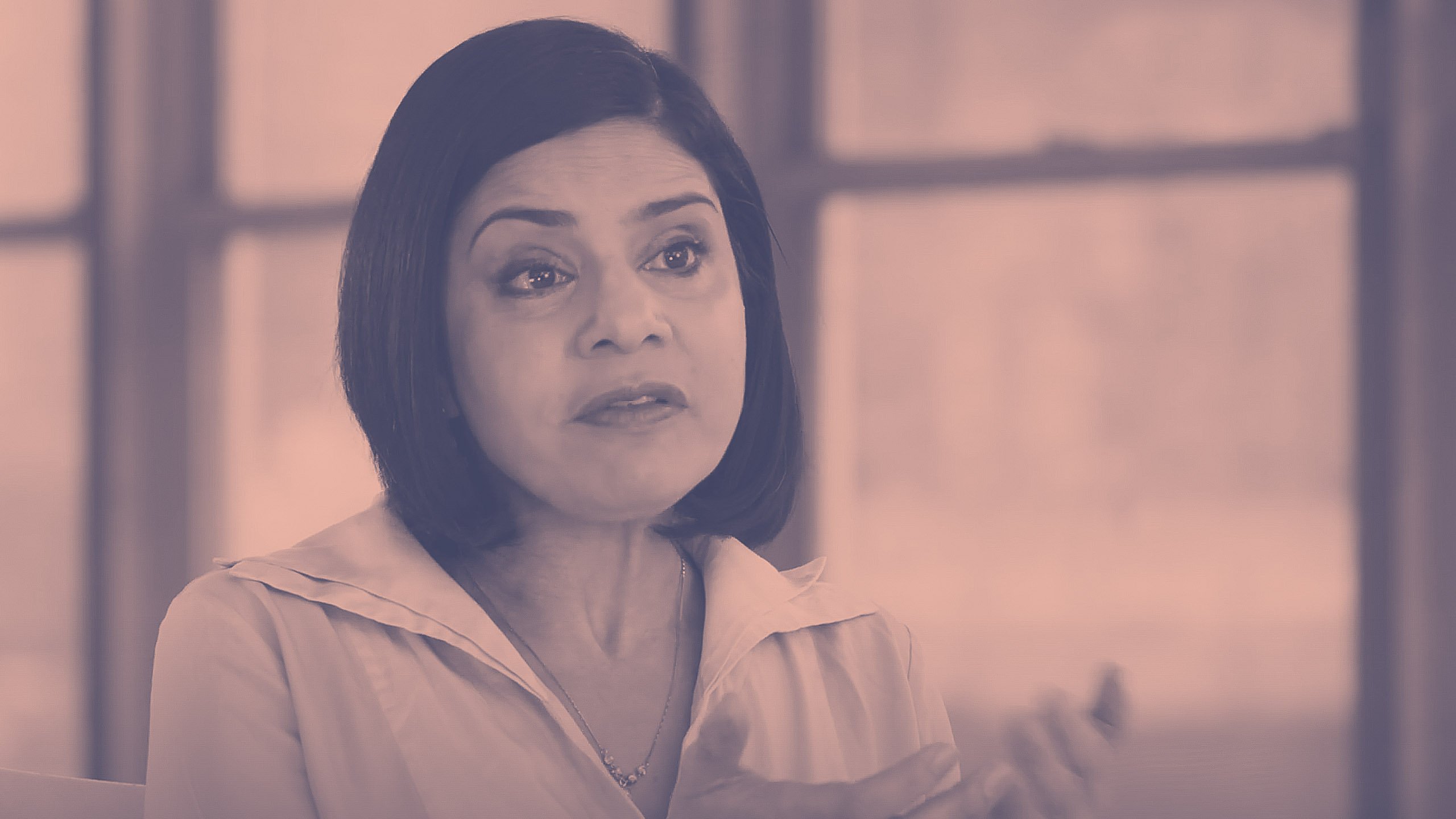Hope on the Horizon With CAR T-Cell Therapy
- For patients who are experiencing a multiple myeloma relapse and have exhausted other efforts, hope is on the horizon with CAR T-cell therapy.
- The FDA approved Abecma for use in patients who have already been treated with at least four previous lines of therapy, as well as patients with relapsed and/or refractory myeloma. These parameters eliminate newly diagnosed patients.
- Many doctors in the field, including Dr. Tareq Al Baghdadi, believe CAR T-cell therapy will likely be used sooner in the treatment regimen.
Dr. Tareq Al Baghdadi, a medical oncologist and hematologist at St. Joe's Mercy Hospital in Ann Arbor, Mich., tells SurvivorNet that any patient with relapsed and/or refractory multiple myeloma may benefit from CAR T-cell therapy. (Relapsed myeloma means a patient's cancer came back after treatment, and refractory myeloma means the cancer did not improve with treatment.)
Read MoreWhat is CAR T-Cell Therapy and How Does it Work?
Our immune system was designed to fight off foreign invaders such as viruses, bacteria and yes, cancer. Sometimes, cancer cells can evade detection and continue to grow. But CAR-T cell therapy essentially re-trains your immune system to make it a more efficient, and more effective, cancer fighter.The process starts when your doctor intravenously removes a sample of your blood. With a procedure called leukapheresis the removal of blood to collect specific blood cells your blood flows into a machine that separates out the T cells; it then returns the other blood components, such as red blood cells, platelets, etc.
The T cells are then sent out to a lab, where technicians insert an anti-cancer gene into them. That new gene causes special receptors called chimeric antigen receptors to pop up on the surface of the T cells. Those receptors are like homing devices that will lock onto the matching antigen on the surface of your cancer cells.
"So, after the collection and the processing the whole process takes about three weeks or so the cells are infused back to the patient and the patients are monitored afterwards," Dr. Al Baghdadi says.
"The use of CAR T-cell therapy will likely increase over the years … where (and when) we use CAR T cells will also expand. So, currently, we use CAR T cells after we've used multiple treatments, at least four treatments. But I anticipate in the future we'll be using CAR T cell treatments sooner than that."
Determining Which Patients Receive This Treatment
As Dr. Al Baghdadi previously mentioned, CAR T-cell therapy is currently available to patients who have received at least four lines of treatment prior. Why?
The first CAR T-cell therapy for myeloma patients, idecabtagene vicleucel (brand name: Abecma), was approved by the U.S. Food and Drug Administration in March 2021. And the second CAR T-cell therapy is slated for approval in February 2022. But there is a bit of a catch as to who can get this treatment.
The FDA approved Abecma for use in patients who have already been treated with at least four previous lines of therapy, as well as patients who either did not respond to the treatment (refractory myeloma), or initially responded but then had their cancer return (relapsing myeloma). These parameters eliminate newly diagnosed patients, as they have only begun their treatment regimen.
While this is the biggest factor playing into who can receive CAR T-cell therapy, there are other factors, too.
"For the use of CAR T-cell therapy in patients with myeloma, I think the timing of CAR T cell will depend on multiple factors," Dr. Al Baghdadi says. "Number one, whether CAR T cells are available. So, at this time, CAR T cells are only offered at some places that treat multiple myeloma; the majority of centers do not have, or cannot offer CAR T-cell therapy and will need to refer those patients out to be treated with CAR T-cell therapy."
"Another factor is the patient's preference," he adds, "and yet another factor is availability of clinical trials. … If there's a clinical trial that is trying to incorporate CAR T-cell therapy sooner in the scheme of treating multiple myeloma, then that would be something that can be offered to the patient."
Hope on the Horizon
While the fact that CAR T-cell therapy is only able to be used in relapsed or refractory myeloma patients, newly diagnosed patients, or patients going through their first relapse, should have hope in CAR T-cell therapy's progression.
As previously mentioned, a second CAR T-cell therapy for myeloma patients is slated to be approved in February 2022. And many doctors in the field believe CAR T-cell therapy will likely be used sooner in the treatment regimen.
"My belief is that CAR T-cell therapy will likely be used sooner in the future, especially for high-risk patients and patients with certain mutations known not to derive long-term benefit from other treatments," Dr. Al Baghdadi says.
CAR T-Cell Therapy Side Effects
Like all treatment options, there are some side effects associated with CAR T-cell therapy. One possible side effect is something called cytokine release syndrome (CRS), which can occur as CAR T-cells multiply and release a large amount of chemicals called cytokines into the blood. Side effects from this release can include:
- High fever and chills
- Trouble breathing
- Nausea, vomiting, or diarrhea
- Dizziness
- Headaches
- Fatigue
- Muscle and/or joint pain
The treatment can also lead to some nervous system issues. If you do begin to experience side effects, make sure you report them to your medical team immediately, as there will likely be interventions that can be given.
Learn more about SurvivorNet's rigorous medical review process.





